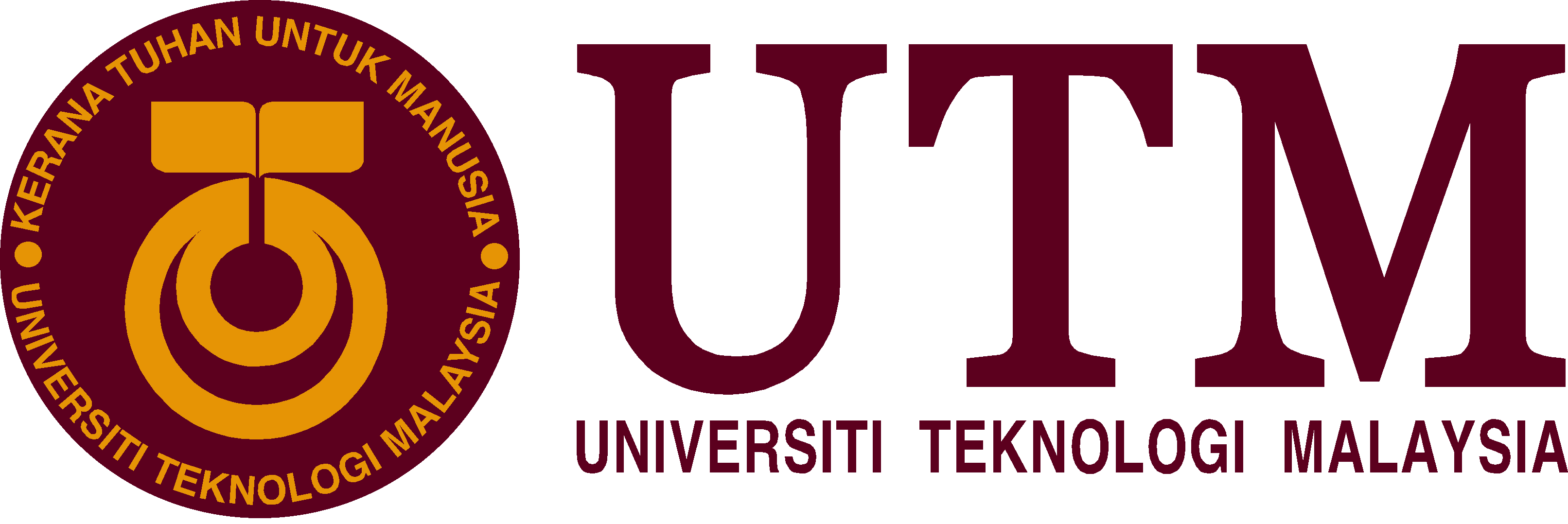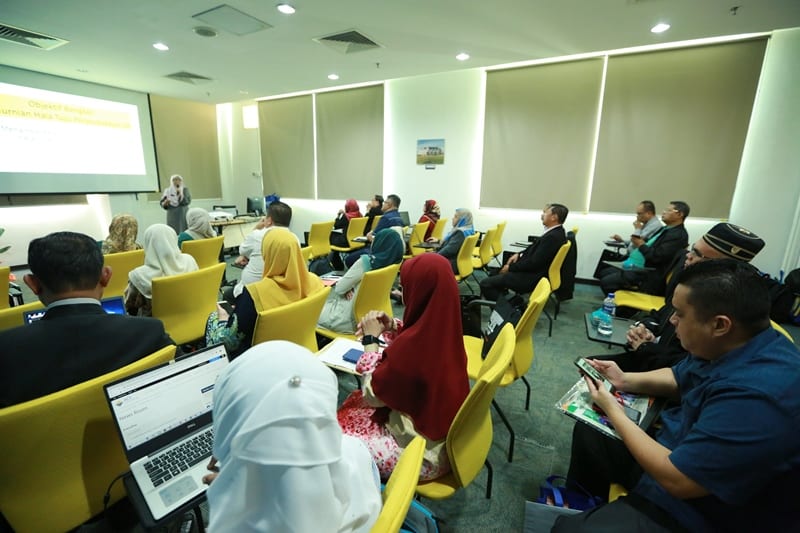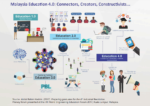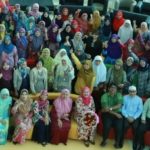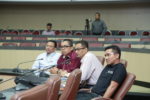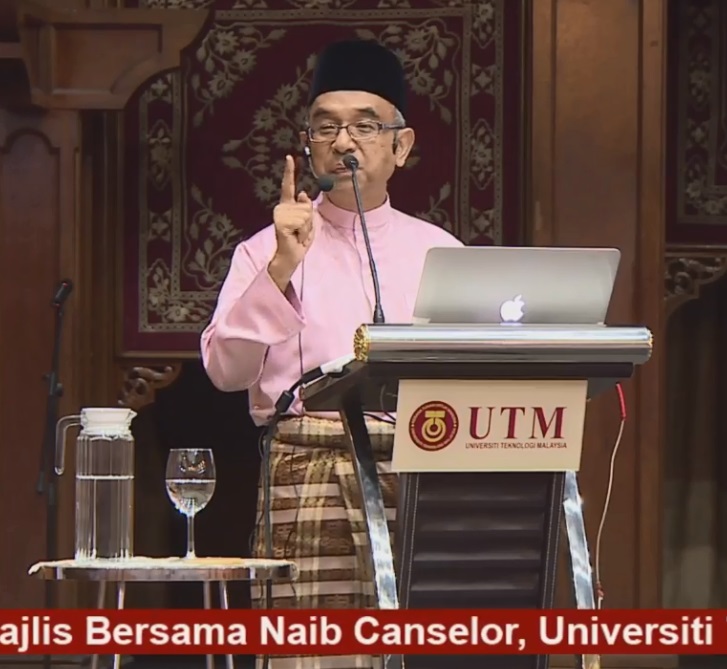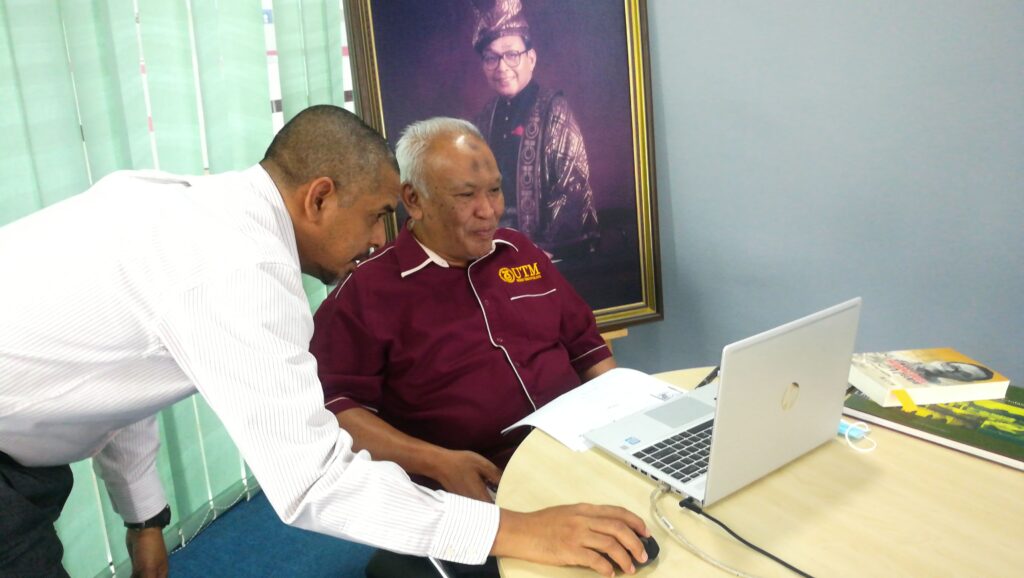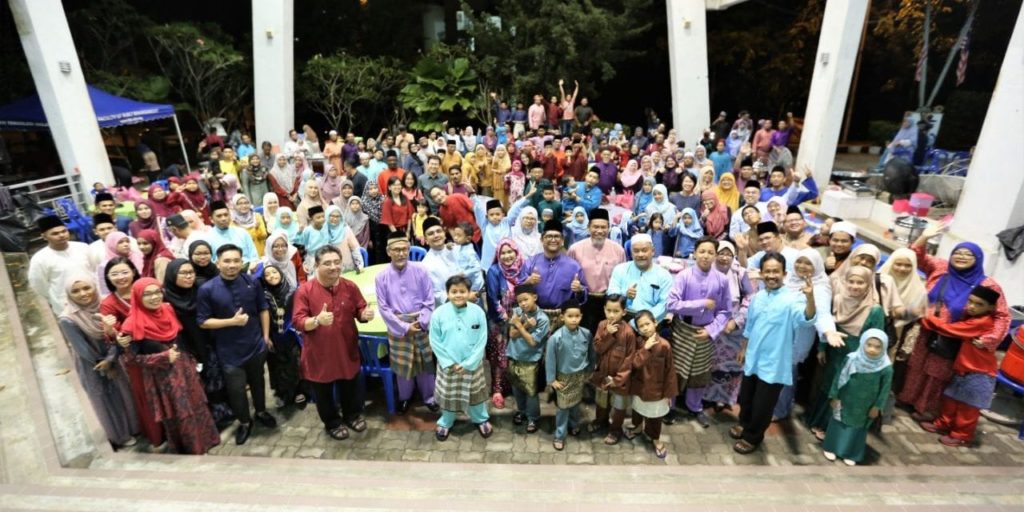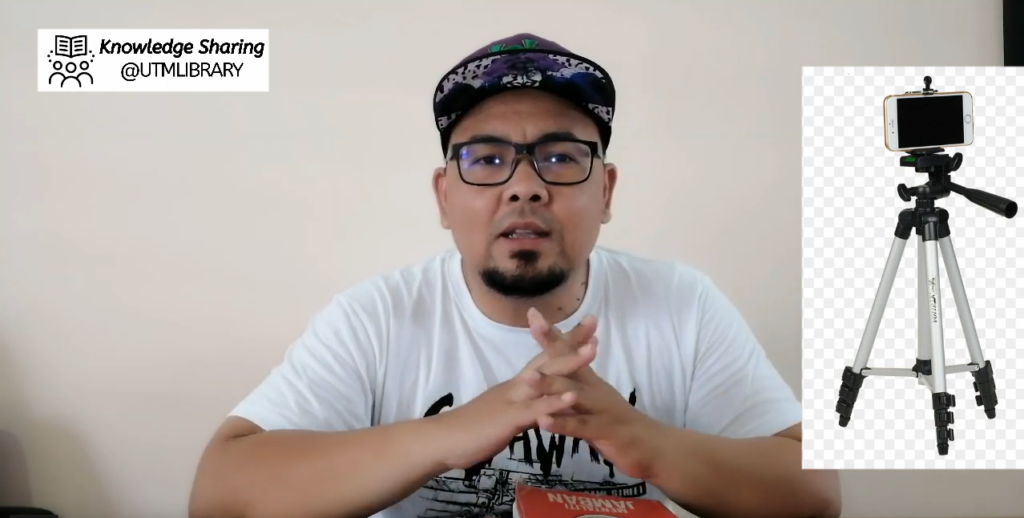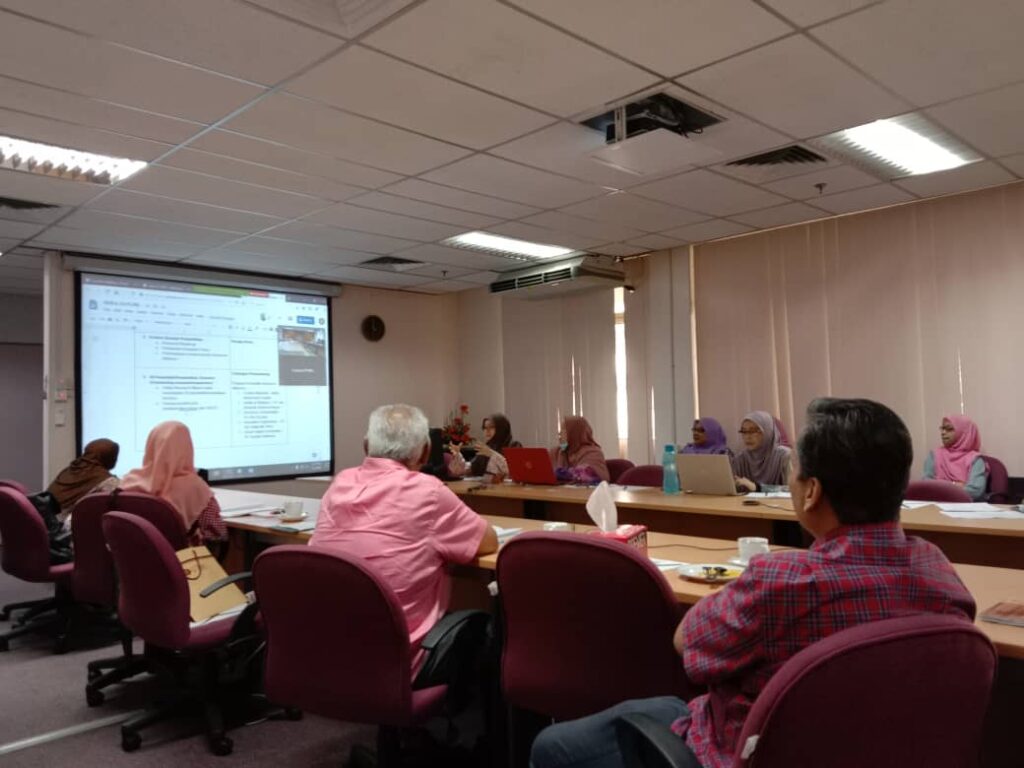Knowledge Construction in Library Online Education: A Framework for Collaborative and Technological Integration
Introduction
In the digital age, online education has emerged as a cornerstone of academic learning, particularly within the domain of library science and information services. Knowledge construction—the process through which learners actively build new understandings—has transformed significantly due to advancements in digital platforms, collaborative tools, and pedagogy. This article explores how knowledge is constructed in library online education, emphasizing collaborative learning, technological integration, and the strategic application of educational models. Drawing from a diverse range of empirical studies and theoretical frameworks, this work offers insights into best practices for cultivating meaningful knowledge-building environments in digital library contexts.
Collaborative Learning and Knowledge Construction
Online discussions play a pivotal role in facilitating collaborative learning and knowledge construction among graduate students. Multimedia platforms like VoiceThread, which support audio and video posts, have been shown to increase participation and engagement compared to conventional text-based forums (Guo, Chen, & Hou, 2019). These platforms not only enable dialogic interaction but also create an inclusive environment for expressing complex ideas, thereby deepening knowledge construction.
Cultural and social dynamics, learning strategies, and the complexity of learning materials significantly shape the collaborative knowledge-building process (Mäkelä, Myllylä, & Torp, 2008). Consequently, providing early and consistent guidance to students is vital to scaffold their understanding and support the development of higher-order thinking skills. Without such guidance, students may struggle to engage deeply in discourse or organize their learning independently.
Models and Frameworks for Knowledge Construction
Several theoretical models offer robust frameworks to guide knowledge construction in online learning settings. Notably, the Alavi Knowledge Management Process Model and the Veerman and Veldhuis-Diermanse model emphasize the value of social constructivist principles in collaborative environments (Hashim, Mohamad, & Muda, 2018). These models advocate for non-task-related yet socially significant interactions that stimulate meaningful dialogue and reflection among learners.
Another notable framework is the SECI Model (Socialization, Externalization, Combination, Internalization), originally proposed by Nonaka. This model supports knowledge conversion in Virtual Learning Environments (VLEs) by facilitating knowledge sharing and transformation across explicit and tacit domains (Battistoni, Pasqualino, & Moscetta, 2011). It helps explain how learners internalize collective knowledge through continuous reflection and engagement with content, peers, and instructors.
Technological Tools and Platforms
Digital libraries and visualization tools have become instrumental in facilitating knowledge construction. By enabling learners to organize, retrieve, and interpret data efficiently, these tools bridge the gap between content access and cognitive understanding (Chen & Xia, 2009). For instance, visual learning aids and graphical representations of complex data help learners conceptualize abstract ideas more effectively.
Additionally, ontology-based technologies in teaching resource libraries enable the structured sharing and reuse of educational content. Ontologies provide semantic frameworks that enhance content interoperability and scaffold knowledge construction by enabling context-aware access to relevant materials (Yang, Zhao, & Zhang, 2009).
Customized Support Services in Online Learning
Customized support is another critical component of successful knowledge construction. Learners bring diverse preferences, prior knowledge, and technological competencies to the online learning environment. Hence, tailored supportive services—ranging from personalized learning pathways to intelligent tutoring systems—enhance learners’ capacity to engage meaningfully with course content (Pan & Hawryszkiewycz, 2007). Such support fosters self-directed learning and increases learners’ motivation and efficacy in navigating complex digital learning environments.
Social Web Tools and Distributed Learning
The rise of social web tools, including blogs, wikis, and forums, has redefined distributed learning. These tools foster asynchronous interaction, giving learners the flexibility to engage with content and peers at their own pace while contributing to a shared knowledge base (Lucas & Moreira, 2015). These environments often promote deeper cognitive engagement and reflective thinking, as learners construct arguments, critique ideas, and co-create knowledge collaboratively.
Furthermore, empirical studies demonstrate that social web tools significantly enhance knowledge construction by facilitating the articulation of thought and fostering a sense of community (Lucas & Moreira, 2010). This interaction is crucial for developing critical thinking, communication skills, and a scholarly identity in online settings.
Information Literacy (IL) Education in Public Libraries
Public libraries serve as critical venues for promoting Information Literacy (IL), a foundational competence for lifelong learning. In this context, the MOA Model (Motivation, Opportunity, Ability) offers a strategic lens for understanding and enhancing readers’ knowledge construction behavior (He, 2024). Motivation drives the willingness to learn, opportunity enables access to relevant resources, and ability reflects the user’s skill in navigating and utilizing information effectively. Public libraries that align their IL programs with the MOA framework are better positioned to foster meaningful learning outcomes, particularly in digital and hybrid settings.
Practical Applications for Library Educators
Drawing from the findings above, several practical strategies can be adopted by educators and librarians:
- Adopt Multimedia Learning Platforms
Use tools like VoiceThread to increase learner engagement and support diverse communication modalities. - Provide Early Guidance
Implement structured orientation and scaffolding mechanisms at the beginning of the course to support knowledge construction. - Integrate KM Models
Utilize frameworks such as the Alavi and SECI models to structure content delivery and collaborative activities. - Leverage Visualization and Ontologies
Employ visualization tools and ontology-based platforms for organizing and retrieving knowledge efficiently. - Offer Customized Learning Support
Design learner-centric support services that cater to diverse learning preferences and competencies. - Maximize Social Web Tools
Integrate asynchronous and collaborative digital tools to encourage deep, reflective dialogue and content co-creation.
Conclusion
The process of knowledge construction in library online education is inherently multidimensional. It demands a synergistic integration of collaborative learning strategies, robust pedagogical frameworks, and cutting-edge technologies. By leveraging models such as SECI and Alavi, adopting multimedia and social web platforms, and tailoring support to individual learner needs, libraries and educators can foster transformative learning experiences. Ultimately, such efforts contribute to developing information-literate, critically thinking individuals equipped for the complexities of the knowledge society.
References (APA Format)
- Guo, C., Chen, X., & Hou, Y. (2019). A case study of students’ participation and knowledge construction in two online discussion settings. ACM International Conference Proceeding Series.
- Mäkelä, R., Myllylä, M., & Torp, H. (2008). Collaborative knowledge construction in online vocational teacher education. CEUR Workshop Proceedings.
- Hashim, S., Mohamad, M. M., & Muda, W. H. N. W. (2018). Knowledge Construction Models: A view of Various Models for an Impeccable Learning Environment. MATEC Web of Conferences.
- Battistoni, E., Pasqualino, P., & Moscetta, M. (2011). Knowledge conversion in VLEs: Metrics to detect the SECI process in an e-learning course. IMSCI 2011.
- Chen, Y., & Xia, H. (2009). Knowledge construction based on visualization E-learning in digital library. Proceedings – DBTA 2009.
- Yang, X., Zhao, R., & Zhang, C. (2009). An ontology-based framework for the construction of teaching resource library. ISA 2009.
- Pan, W., & Hawryszkiewycz, I. (2007). Facilitating knowledge construction by customized supportive services. Education and Information Technologies.
- Lucas, M., & Moreira, A. (2015). Analysing knowledge construction in asynchronous online discussions. CISTI 2015.
- Lucas, M., & Moreira, A. (2010). Knowledge construction with social web tools. Communications in Computer and Information Science.
- He, H. (2024). Reader Knowledge Construction in Public Library Information Literacy Education based on the MOA Model. Journal of Library and Information Science in Agriculture.
